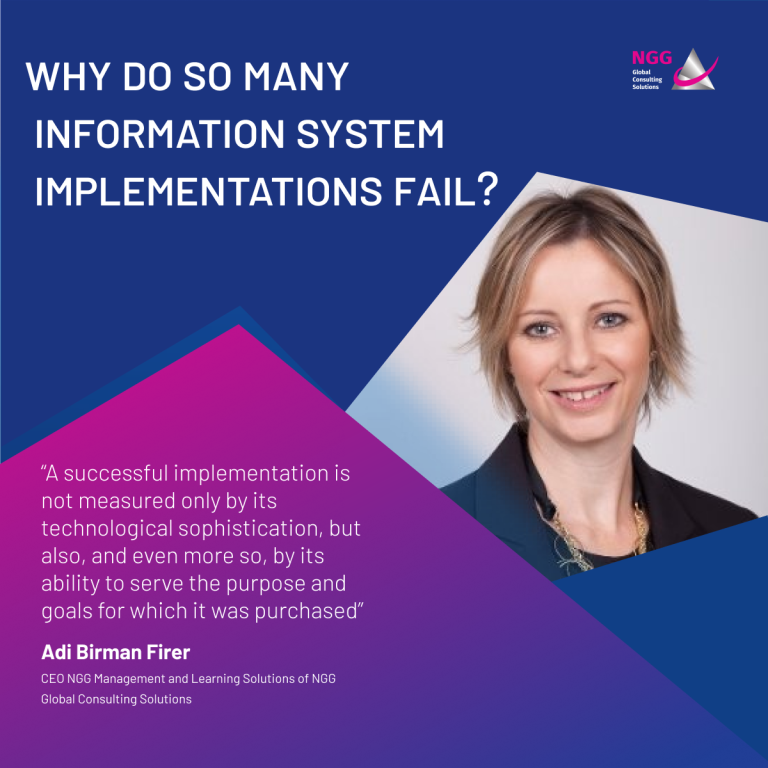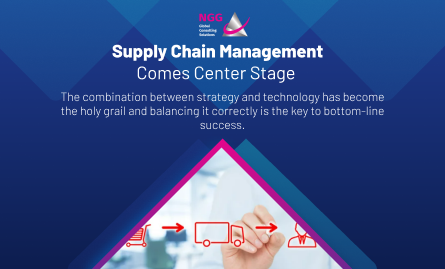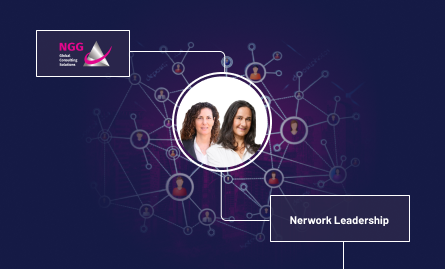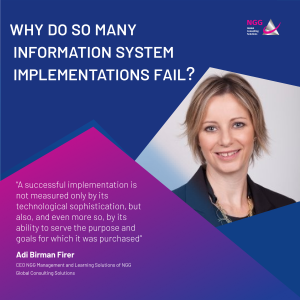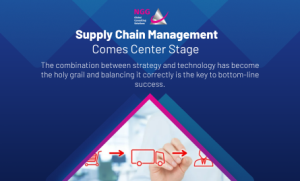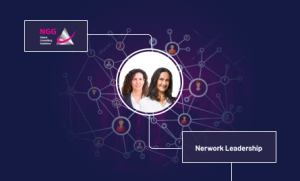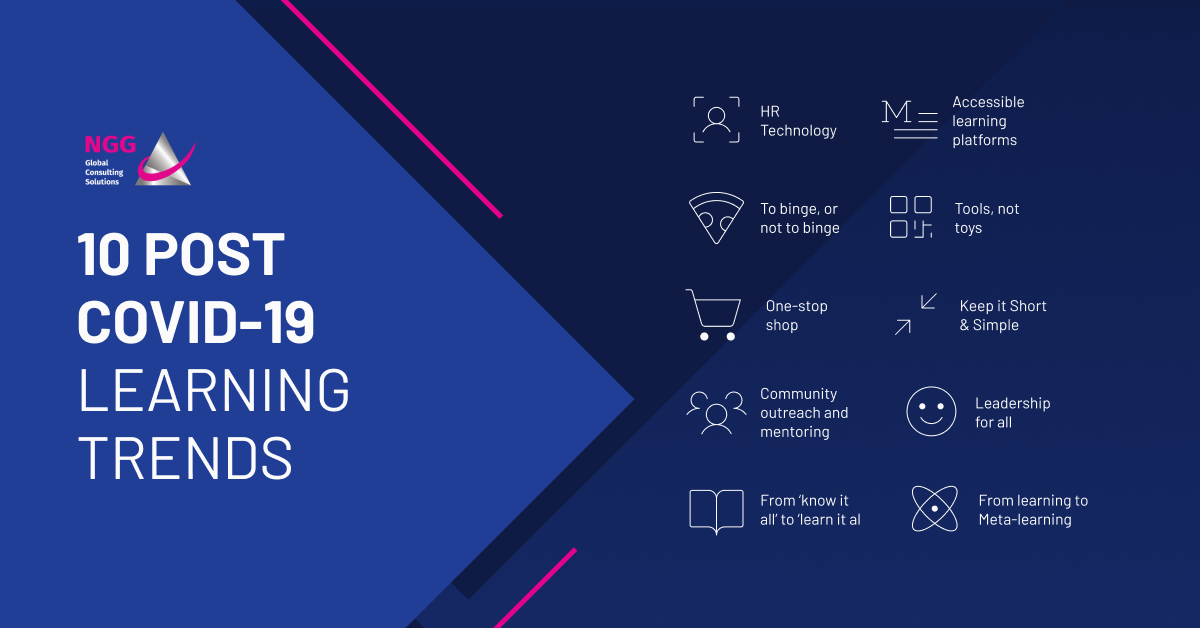
After two years of zooming in and out, it was so refreshing to book a flight and attend the 7th Corporate Learning and Development Summit in Berlin. Finally, the real thing: executives from global organizations all over the world gathered to network and learn how to address shared challenges. For three full days, case studies were presented by C-level executives from 15 organizations, including Microsoft, Amazon, Phillips, Audi, and more. All agreed that while the current global Great Resignation and war over talent were anticipated, they were also a blessing in disguise. They triggered the need for a restart of all psychological contracts, learning, and work processes, alongside a bold, agile, and radical change – not only in HR management and learning but also in organizational culture.
As expected in face of the business world’s current mysterious era of transformation, most of the speakers refrained from absolute truths, but nevertheless, they shared their challenges, ideas, and solutions openly and generously:
1. HR Technology: Meredith Wellard, VP of Group learning, talent & platforms at DHL in Germany, shared that the need to downsize her team after returning from lockdowns paved the way for automizing manual, repetitive administrative tasks. This shift has allowed her now a lean team to focus mostly on professional content and generate effective results.
2. Accessible learning platforms: Zoom fatigue, ADD, and a sharp decrease in attendance rates in traditional training during Covid-19 have signaled the need to change our organizational training and learning methods. Some organizations have solved this by creating accessible digital platforms with a continuous supply of high-quality educational content on-demand, including clips, interactive training, and internal knowledge banks. Other organizations offered their people subscriptions to external content providers, such as Harvard University, which was highly recommended at the summit.
3. To binge, or not to binge: While your organization’s learning culture should be taken into consideration, most participants agreed that ‘binge learning’ has a positive mind-sharpening effect on learning processes and should be offered whenever possible. Sebastian Borgers, Global Head of Knowledge Management at Philips recommended that quality control experts supervise the content-building process, to ensure a high quality of content that employees would be eager and happy to acquire on their own.
4. Tools, not toys: Learning divisions have a fetish for lots of bright and shiny ‘toys’, – expensive technologies that are not necessarily relevant or useful, and sometimes even applied incorrectly. Chose quality over quantity, and choose wisely.
5. One-stop shop:
To avoid unnecessary confusion and frustration, upload all organizational learning content on a smart, simple and user-friendly shared platform, where learners can easily find what they need or want at any given time.
6. Keep it Short & Simple: In this era of uncertainty and in face of employees hopping from one workplace to another, there is no more room for long and linear learning and training processes. Organizations should adopt a skillbased approach while focusing on selected must-have skills, such as active learning, technology use, analytical thinking, innovation, creativity, resilience,
flexibility, problem-solving, etc.
7. Community outreach and mentoring: Raising awareness among professionals and managers about the importance and satisfaction of sharing their knowledge with others is crucial for building a healthy work culture and community. This can be achieved by creating a smart mentoring process
alongside communities of content-oriented peer groups, that can meet and learn independently without the interference of management or external experts.
8. Leadership for all: One of the ways that Natalie Wintermark, VP Learning, Leadership, Growth and Global People at Yara International – addressed the challenges of her highly decentralized and rapidly growing company, was by equipping all employees with leadership tools and skills. In today’s
organizations, each employee’s ability to lead helps Yara move forward and strengthens its culture of responsibility and accountability, explained Wintermark.
9. From ‘know it all’ to ‘learn it all’: Lara Prospero, Global Director – L&D Delivery Excellence at Microsoft, shared her perspective on Microsoft’s fascinating cultural shift from former CEO Steve Balmer’s “know it all” concept to Current CEO Satya Nadella’s “learn it all”. This powerful and empowering culture shift completely transformed the company’s approach to learning, and
paved the way for its organizational success, or as the legendary Peter Drucker put it: “Culture eats strategy for breakfast”.
10.From learning to Meta-learning: Now is the time to foster a self-learning organizational culture. To do so, L&D divisions should invest time, money, technology, and education, to shift from traditional learning to a learning-howto-learn approach. This isn’t a ‘nice to have’ shift: it’s a means of survival, or in futurist Alvin Toffler’s words: “The illiterate of the 21st century will not be those
who cannot read and write, but those who cannot learn, unlearn and relearn.”
Nili Goldfein – EVP Marketing & Business Development at NGG Global Consulting
Solutions, an expert in Leadership and Management in a World of Disruption
